- Ancillary Justice, by Ann Leckie. Currently on the 4th chapter. Takes a bit of getting used to due to everyone being referred to "she" and "her" in an obviously female-oriented universe and the differing perspectives of an Artificial Intelligence that spreads itself across thousands of bodies, including a ship, but I am liking it so far. I like the idea of female pronouns being the dominant usage. This is a first of a series of Ancillary books for Leckie.
- Fugitive Telemetry, by Martha Wells. Book 6 of Murderbot Diaries. I will drop anything I'm reading the moment this is downloaded to my Kindle and read it religiously. Murderbot rocks! I love this non-sexual, human-hating, human-saving, socially awkward cyborg.
- Planetfall, by Emma Newman. Emma is a writer friend of mine in social media from back in our Friday Flash days and it's high time I started her series and I regret I haven't started it sooner. I know it is going to be kick ass. I've read some reviews and it sounds spectacular, along with the rest of her series, which are actively on my to-buy and to-read list.
- Left-Handed Guitar Beginners Jumpstart, by Andy Schneider. I got an acoustic guitar for Christmas. I don't know jack about playing a guitar though i was brought up in a musical home with many guitar players. About damn time I learned it.
- Ringworld, by Larry Niven. One of the first science fiction books I read as a kid and I'm looking forward to the revisit. It's been so long since I read it the first time, it will be a like a completely new read, until I start digging into it, then I may be all like "Oh, I remember that!"
- This Is How You Lose the Time War, by Amal El-Mohtar and Max Gladstone. I remember reading the reviews of this and thinking it sounded very interesting. It's an epistolary novel (told through correspondence/letters, I assume, as epistolary novels generally are...Frankenstein by Mary Shelley is an example). It's a very short novel, and I love very short novels.
- Record of a Spaceborn Few, by Becky Chambers. The third installation in her Wayfarer series. I'd be surprised if any of the characters from the first two books appear in this. So far, each of the Wayfarer books is a different section of the Galactic Commons and about different characters. I still like her writing and the worlds she creates are fascinating. The last book, A Closed and Common Orbit, had a species 3-4 genders, and one of them was a secondary character in the book. Very interesting stuff.
- Latchkey, by Nicole Kornher-Stace. Book 2 of the Archivist Wasp saga. I was very impressed with Archivist Wasp when I read it a few years ago. Most ingenious use of ghosts as characters that I've seen.
- Wicked Plants, by Amy Stewart. I admit this book is for research. I am planning a fantasy novel called The Herbalist's Companion and this book will help me some of the darker elements of it. It's a book about accidents and murders attributed to plants and weeds. Should be interesting. I also have a book on magical herbalism I've been digging into for basic herbalism research for the book.
I have other books I'm planning fro 2021, some cool science fiction and fantasy and other books for informative research for the novels I'm planning. But for now, these are my starters.
I hope 2021 will be a great year for you, reader, and that your reads give you joy.
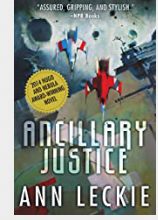
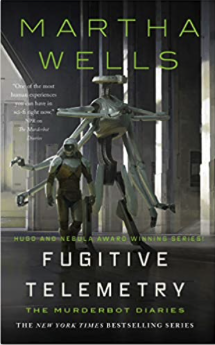
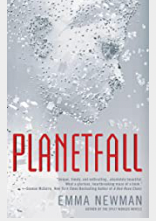
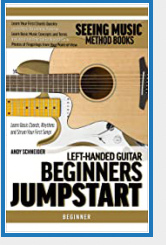
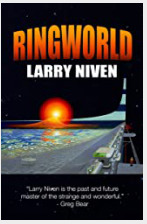
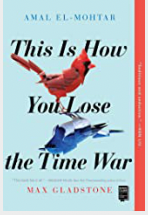
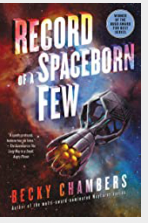
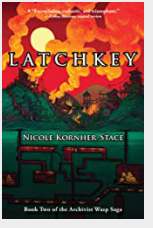
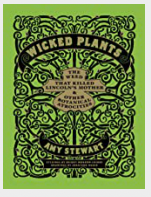
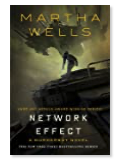
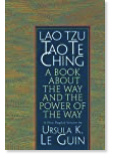
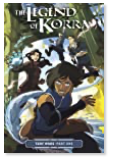
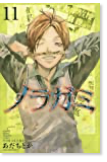
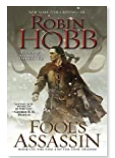
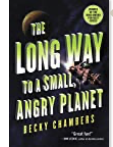
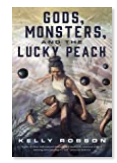
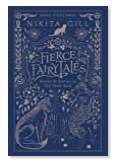
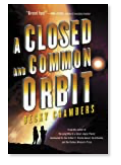
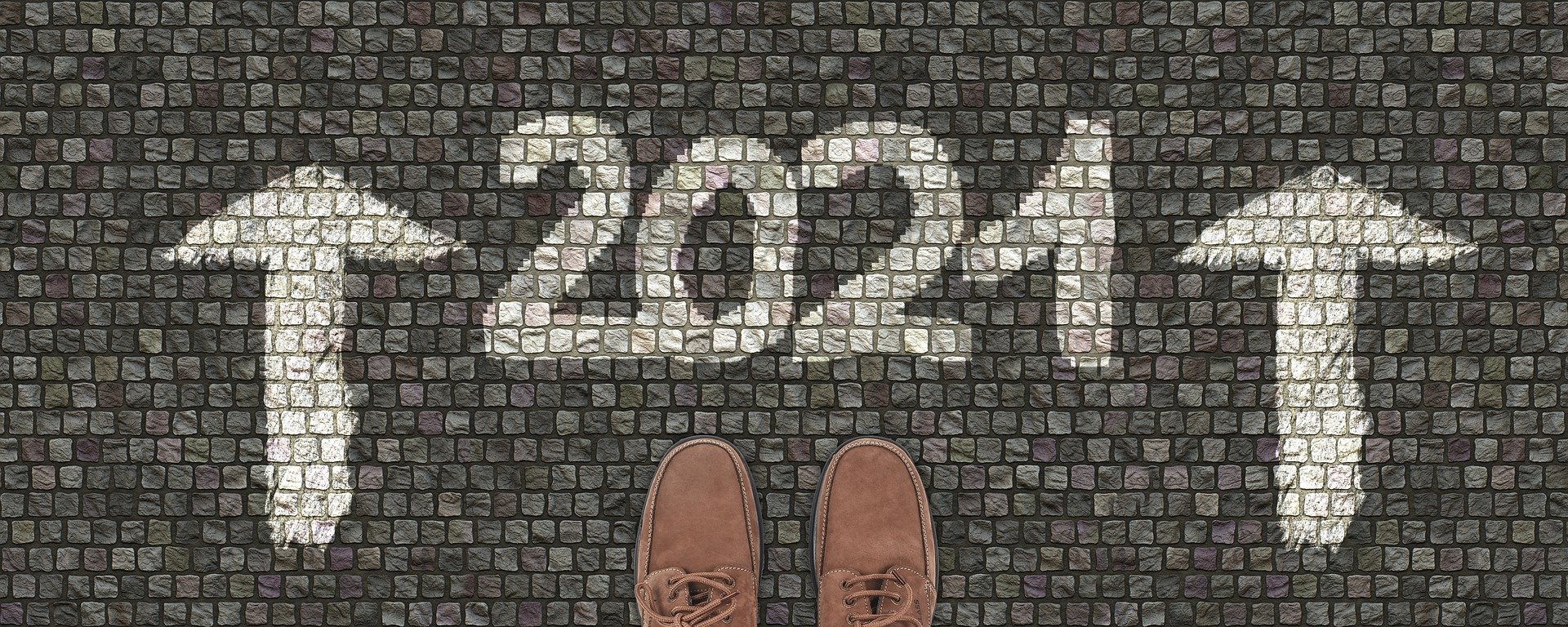

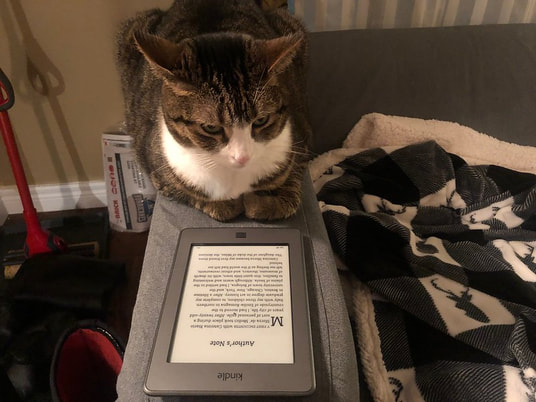
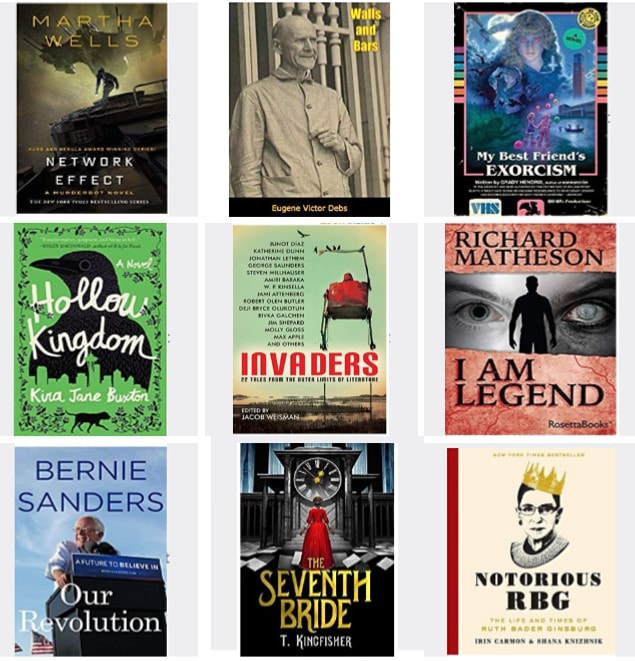
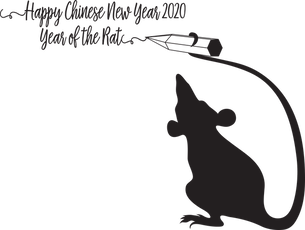
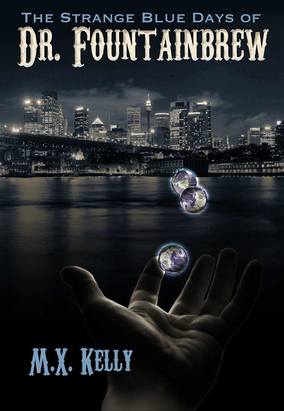
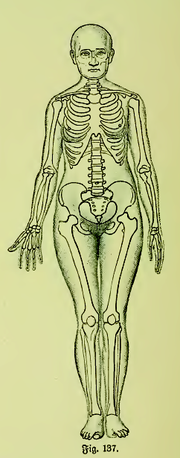
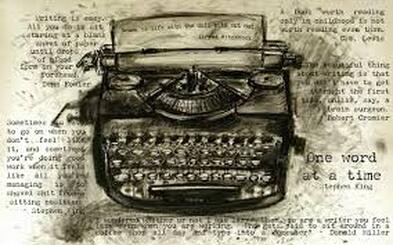
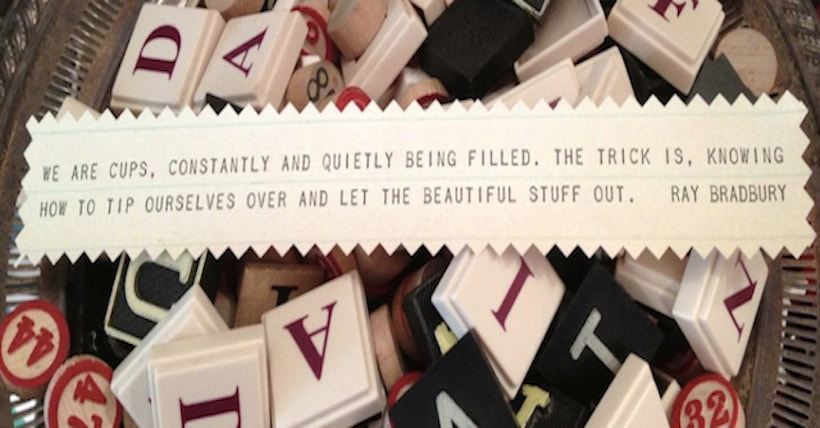
 RSS Feed
RSS Feed
